Pioneering Solar Manufacturing with TOPCon Technology
Airox Nigen, a Gurugram-based renewable energy company, has announced the establishment of a state-of-the-art 2 GW solar module manufacturing facility in Rohnat, Haryana. Spread across a 17-acre renewable energy park, the facility will produce solar modules under the brand name Ahaan Solar. Initially launching with a production capacity of 600 MW by mid-2025, the plant is expected to achieve its full 2 GW capacity by the end of 2026.
The facility will leverage advanced Tunnel Oxide Passivated Contact (TOPCon) technology, a next-generation innovation known for its high efficiency, superior performance in low-light conditions, and robust durability. By incorporating domestically manufactured solar cells, Airox Nigen aims to reduce import dependency, align with the “Make in India” initiative, and promote local manufacturing.
Strengthening India’s Solar Supply Chain and Renewable Energy Goals
Airox Nigen’s investment comes as India experiences rapid growth in solar module production, supported by favorable government policies and increasing renewable energy demand. As of mid-2024, the country’s cumulative solar module manufacturing capacity reached 77.2 GW, with an additional 11.3 GW of modules and 2 GW of cell manufacturing capacity added in the first half of the year.
The Rohnat facility is part of a larger renewable energy park that will also house Airox Nigen’s 3 GW Aspire Hydrogen electrolyzer plant, further underscoring the company’s commitment to driving innovation in clean energy technologies. With rising domestic and international orders, the new facility aims to play a pivotal role in meeting India’s renewable energy targets, including achieving 500 GW of non-fossil fuel capacity by 2030.
A Commitment to Sustainable Growth and Innovation
Airox Nigen’s expansion aligns with evolving government policies, such as the Ministry of New and Renewable Energy’s Approved List of Models and Manufacturers (ALMM), which currently covers 62,765 MW of solar modules. From June 2026, solar cells will also fall under ALMM guidelines, reflecting the government’s focus on strengthening local supply chains.
By investing in advanced technologies and localized production, the Rohnat facility is poised to contribute to regional employment and India’s clean energy transition, addressing both domestic and global market demands for high-quality solar modules. Airox Nigen’s efforts represent a significant step toward sustainable manufacturing and a greener future.




